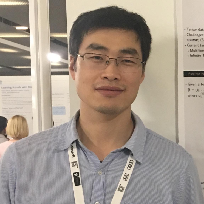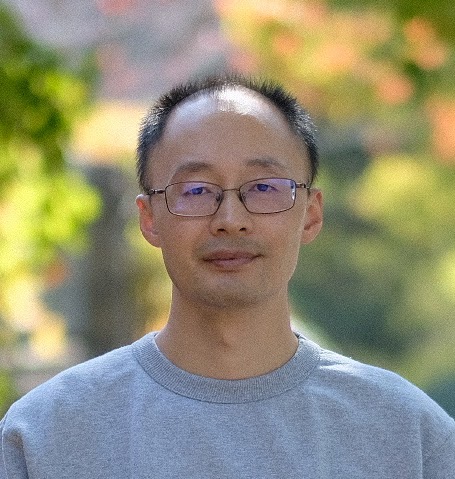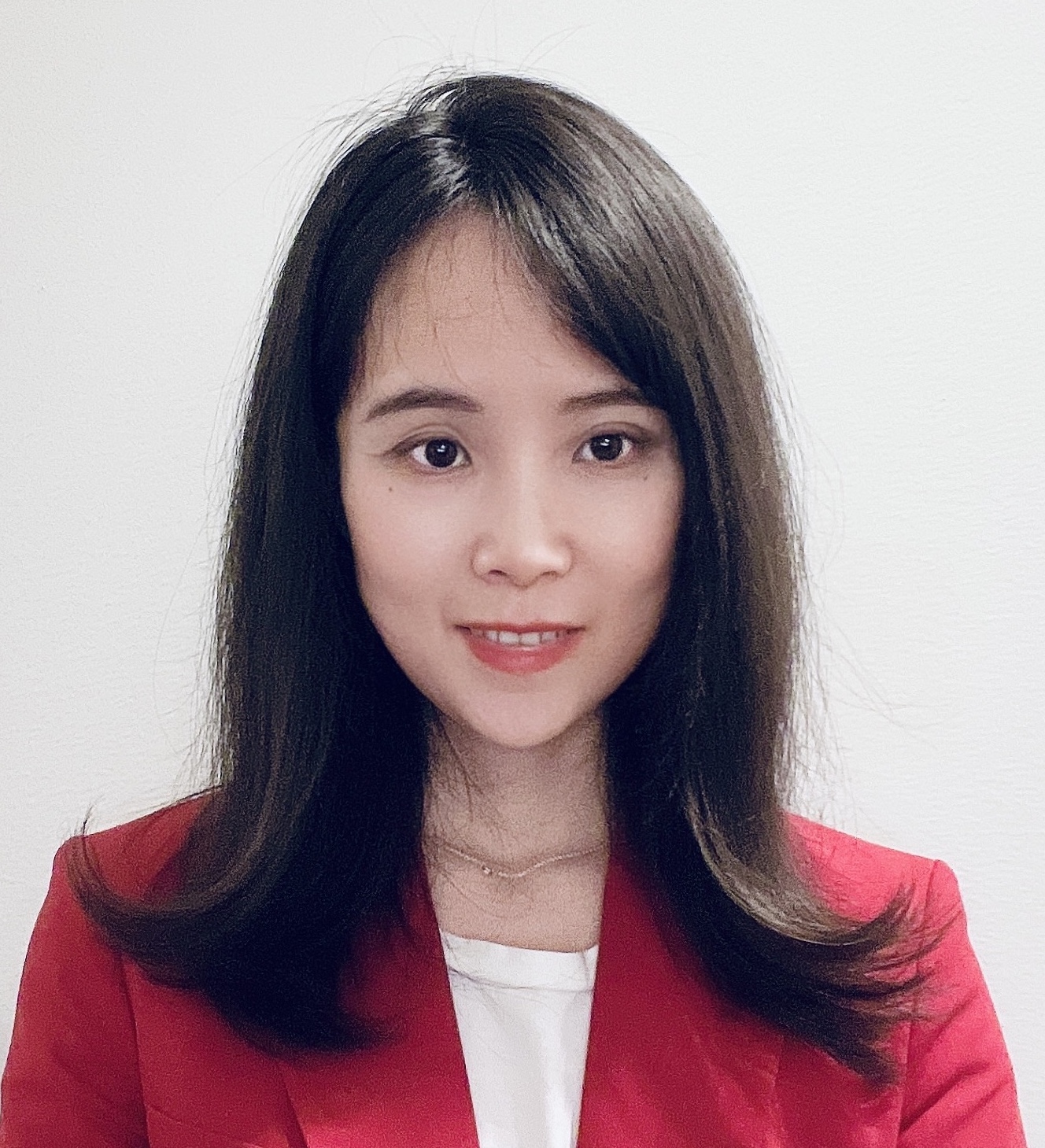Speakers
Title: The Next Frontier in AI: From Scientific Discovery to Causality
Title: Early Prediction of Health Anomalies via Deep Learning on Large Scale Time Series Signals
This talk will introduce recent developments on Early Prediction o f health a nomal ies through deep learning on large scale t i me serie s signals. In particular , some novel frameworks , which integrate various kinds of deep learning and evolutionary computing techniques to optimize multiple metrics like accuracy and earliness simultaneously will be presented . Evaluations and applications in real world healthcare domains for early classification/predictions on critical health anomalies like arrythmia and sepsis using various vital signs (like ECG, etc ..) will also be illustrated to show the promising potential of th e presented techniques in pushing forward the fields of smart medicine/healthcare .
Title: Towards Deep Time Series Modeling: A Distribution Perspective — From Distribution Regularity to Distribution Shift
In this talk, I will discuss deep time series modeling from a distribution-focused perspective. I will presents two important tasks in time series distributions: 1) modeling time series distribution regularity; 2) tackling time series distribution shift. To model time series distribution regularity, I will take periodicity as a use case and present how we translate the time series distribution periodicity extraction into an expansion learning problem. To tackle time series distribution shifts, we present two solutions: 1) time series distribution rescaling and 2) time series distribution transformation.
Title: Long-term Time Series Forecasting: Challenges and Outlook
In the realm of multivariate time series forecasting, the quest to precisely predict long-term trends plays a pivotal role in an array of fields, ranging from climate science to financial markets. With the escalating complexity of dynamical systems and the proliferation of interconnected datasets, there are urgent needs to address the nuanced dependencies and temporal uncertainties inherent in time series data, as well as in elucidating the mechanisms that govern time series dynamics. This keynote outlines our latest research endeavors, which confront these challenges directly, offering groundbreaking perspectives and methodologies. We initiate our discussion with an advanced multivariate time series model that integrates Mixer architectures with low-rank tensor decomposition. This strategic blend is specifically tailored to overcome the curse of dimensionality and to clarify the intricate web of multi-scale interactions, significantly improving the accuracy of long-term forecasts. We proceed by examining a mutual information-centric framework, meticulously crafted to decode and model the tangled interplay between variables over time. This model is firmly rooted in information theory, providing a systematic method for dissecting the directional information flows that are crucial for accurate predictions. The third work we introduce refines our understanding of the mechanisms at play in multivariate time series. It focuses on an affine transformation-based approach, enhancing the adaptability and predictive power of models. Lastly, we present a pioneering method inspired by partial differential equations (PDEs). This approach reconceptualizes time series analysis, treating temporal evolution as continuous flows akin to physical processes depicted by PDEs. It offers a unique and mathematically sound framework for analyzing and forecasting the trajectories of multivariate time series data.
Title: Kapacity - An Open Source Solution for Green Data Centers with Predictive Autoscaling
The exponential growth of cloud computing has led to a disturbing escalation in carbon emissions from data centers, which now contribute to over 3% of global greenhouse gas emissions. This pressing issue calls for urgent action to mitigate their escalating impact on the environment, as well as the strain they impose on the global climate. As part of the efforts towards Ant Group's goal towards carbon neutrality by 2030 and the general ESG (Environmental, Social and Governance) strategy, we focus on improving resource utilization in order to save electricity usage of data centers. Our proposed methodologies, such as Full Scaling Automation (FSA), NeuralReconciler for Hierarchical Time Series and Structured Learning and Task-based Optimization for Time Series Forecasting on Hierarchies (SLOTH), not only forecast the resource demands effectively, but can also dynamically adapt resources to accommodate changing workloads in large-scale cloud computing clusters, enabling the clusters in data centers to maintain their desired CPU utilization target and thus improve energy efficiency. Our approaches achieve significant performance improvement compared to the existing work in real-world datasets. These methods have been deployed on large-scale cloud computing clusters in industrial data centers, and according to the certification of the China Environmental United Certification Center (CEC), a reduction of 947 tons of carbon dioxide, equivalent to a saving of 1538,000 kWh of electricity, was achieved during the Double 11 shopping festival of 2022, marking a critical step for our company’s strategic goal towards carbon neutrality. Our proposed systems been running robustly and continuously since then, contributing to the energy efficiency of Ant Group's cloud services. We have further open-sourced our solution under Kapacity, and we remain committed to continuously innovating and developing new solutions to contribute towards the creation of a more sustainable technological infrastructure.












